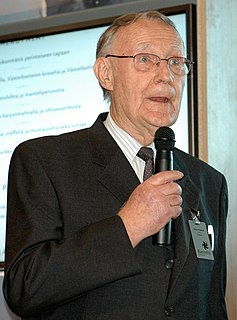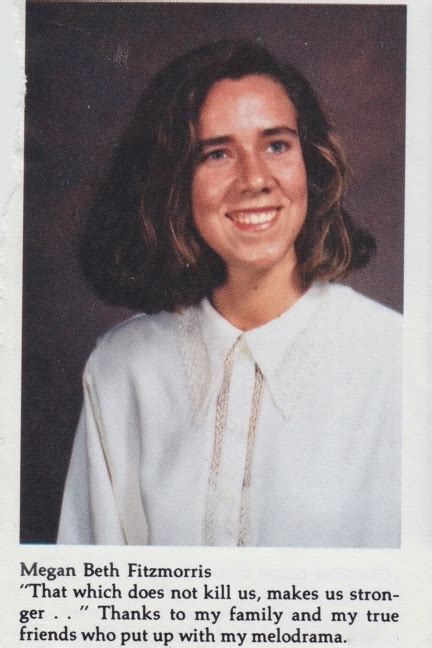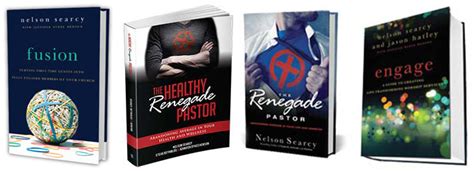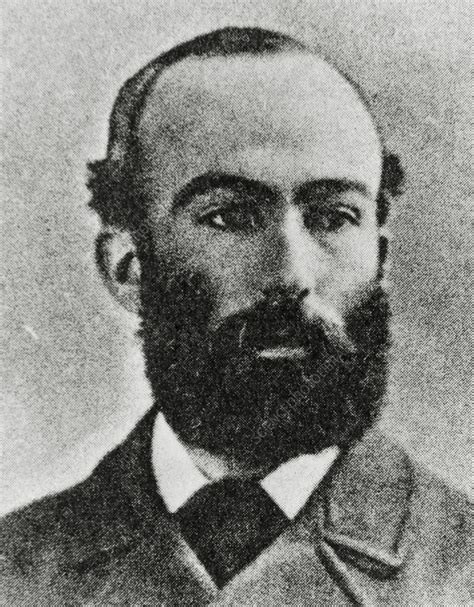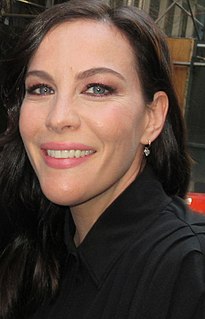A Quote by Andrew Solomon
The most important thing to remember about depression is this: you do not get the time back. It is not tacked on at the end of your life to make up for the disaster years. Whatever time is eaten by a depression is gone forever. The minutes that are ticking by as you experience the illness are minutes you will not know again.
Related Quotes
The difference between smartphones and cigarettes is this: a cigarette robs 10 minutes from your lifespan, but at least has the decency to wait and withdraw all that time in bulk as you near the end of your life - whereas a smartphone steals your time in the present moment, by degrees. Five minutes here. Five minutes there. Then you look up and you're 85 years old.
Life has to keep going, so you can either be a victim the rest of your life and let it drag you down into drugs and alcohol and depression or you can turn it into something good, fun even, you know, and I tell young people who are going through depression that this might be the most important time of your life. This might be what makes you a great artist later on.
If you make exercise your hobby instead of your enemy it becomes your friend; it's the one thing that will never let you down. It will always be there for you and it will always make you better than you were before. Remember: every time you go to the gym, every time you put the right supplement in your mouth, you're better than you were ten minutes ago. [...] The irony is most people know what to do, they just don't do what they know.
This story ["The Depressed Person"] was the most painful thing I ever wrote. It's about narcissism, which is a part of depression. The character has traits of myself. I really lost friends while writing on that story, I became ugly and unhappy and just yelled at people. The cruel thing with depression is that it's such a self-centered illness - Dostoevsky shows that pretty good in his "Notes from Underground". The depression is painful, you're sapped/consumed by yourself; the worse the depression, the more you just think about yourself and the stranger and repellent you appear to others.
I thought Marcus was going to be in my life forever. Then I thought I was wrong. Now he’s back. But this time I know what’s certain: Marcus will be gone again, and back again and again and again because nothing is permanent. Especially people. Strangers become friends. Friends become lovers. Lovers become strangers. Strangers become friends once more, and over and over. Tomorrow, next week, fifty years from now, I know I’ll get another one-word postcard from Marcus, because this one doesn’t have a period signifying the end of the sentence. Or the end of anything at all.
If you have 15 minutes per visit, and you spend the first 9 minutes just collecting information from them, before you do anything else, you know half of your visit is gone already. So if you have an automated system that has most of that and, and in some cases I actually have patients complete questionnaires before they come in, so I'd gotten most of the information I need to ask about, already recorded, instead of having 9 minutes I can take 3 minutes to review all this information.
People are way too hard on themselves. Comparing yourself to other people can be damaging; the most important thing is just to be you and to try to engage with your child. If you're constantly working, so you don't have that much time to spend with them, but you have 20 minutes at the end of the day to read them their favourite book, children will remember that.
That's the thing I want to make clear about depression: It's got nothing at all to do with life. In the course of life, there is sadness and pain and sorrow, all of which, in their right time and season, are normal-unpleasant, but normal. Depression is an altogether different zone because it involves a complete absence: absence of affect, absence of feeling, absence of response, absence of interest. The pain you feel in the course of a major clinical depression is an attempt on nature's part (nature, after all, abhors a vacuum) to fill up the empty space.


